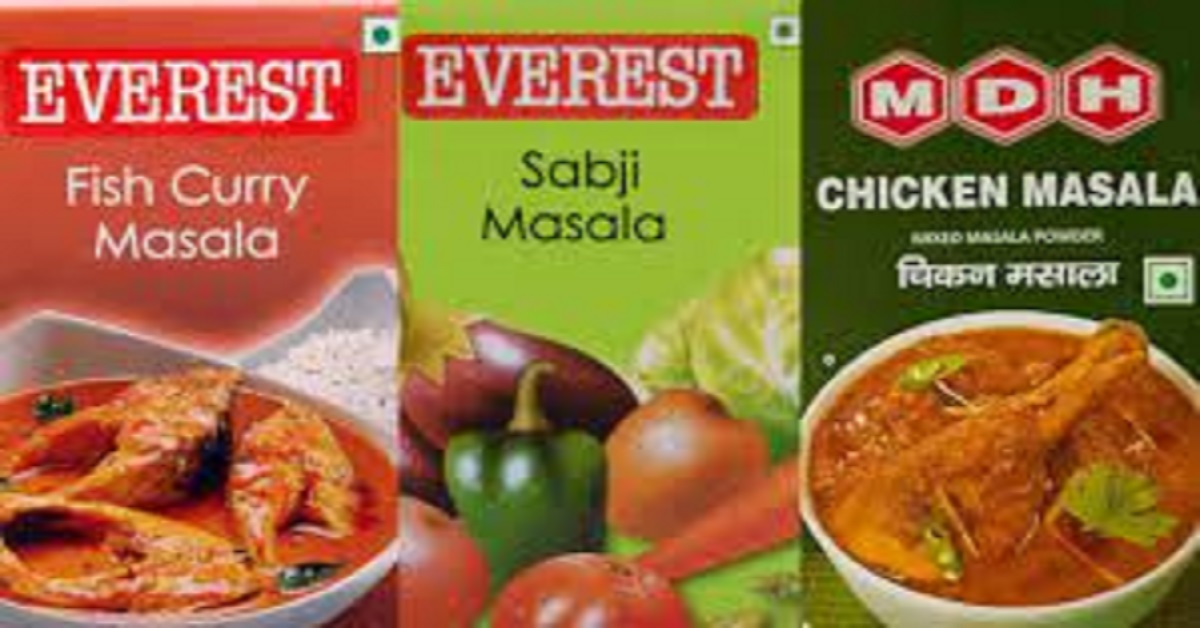
Government of India taking action against Everest and MDH, also recommending corrective measures
NEW DELHI : The Indian government has taken action against spice-exporting companies Everest and MDH, conducting inspections and recommending corrective measures after tests revealed elevated levels of ethylene oxide, a cancer-causing chemical, in products exported to Singapore and Hong Kong, said officials familiar with the matter.
“We have also conducted three consultations with the industry,” a senior official said, adding that the industry is taking a serious approach to ensuring full compliance with the maximum permissible limit. These consultations have been crucial in aligning industry practices with international standards, the official said.
The Spices Board of India, the nodal agency for spice exports, recently mandated ethylene oxide testing for all spices exported to Hong Kong and Singapore. In 2022 the government had mandated ethylene oxide testing for spices exported to Europe.
Certain Everest and MDH products were recently found to have violated rules around ethylene oxide residue in Singapore and Hong Kong, resulting in recalls and bans of specific batches of their products in these markets. Hong Kong completely prohibits ethylene oxide in food products, while Singapore has a limit of 50 parts per million. The European Union’s limit is even lower, ranging from 0.02 to 0.1 mg per kilo.
No single standard
Ethylene oxide is used to sterilise spices but can pose health risks, including cancer, if the residue exceeds safe levels. This level differs by country, which complicates matters for exporters.
The Spices Board of India’s mandate for ethylene oxide testing aims to ensure that Indian spices meet these diverse international standards, protecting consumer health and maintaining market access. “There is no standardisation of ethylene oxide limits or testing norms globally,” another official noted.
Amid these challenges, Indian standards are improving. “The failure rate of our spices, at 0.2%, is much better than the international average and significantly lower than the 0.73% rejection rate of food consignments entering India,” the second official said. Both are senior officials in the ministry of commerce and didn’t want to be identified.
Spice exports are thriving
Despite the recent controversies, Indian spice exports are thriving. In FY24, spice exports from India increased to $4.25 billion from $3.76 billion the previous year. This underscores India’s significant role in the global spice market, which has seen increasing demand for high-quality, safe products.
India is one of the world’s largest producers and exporters of spices , with a rich history of spice cultivation that dates back thousands of years. The country’s diverse climate allows for the cultivation of a wide variety of spices, including black pepper, cardamom, chili, turmeric, and cumin.
The Spices Board of India, established in 1987, plays a crucial role in promoting the export of Indian spices and ensuring compliance with international quality standards.

